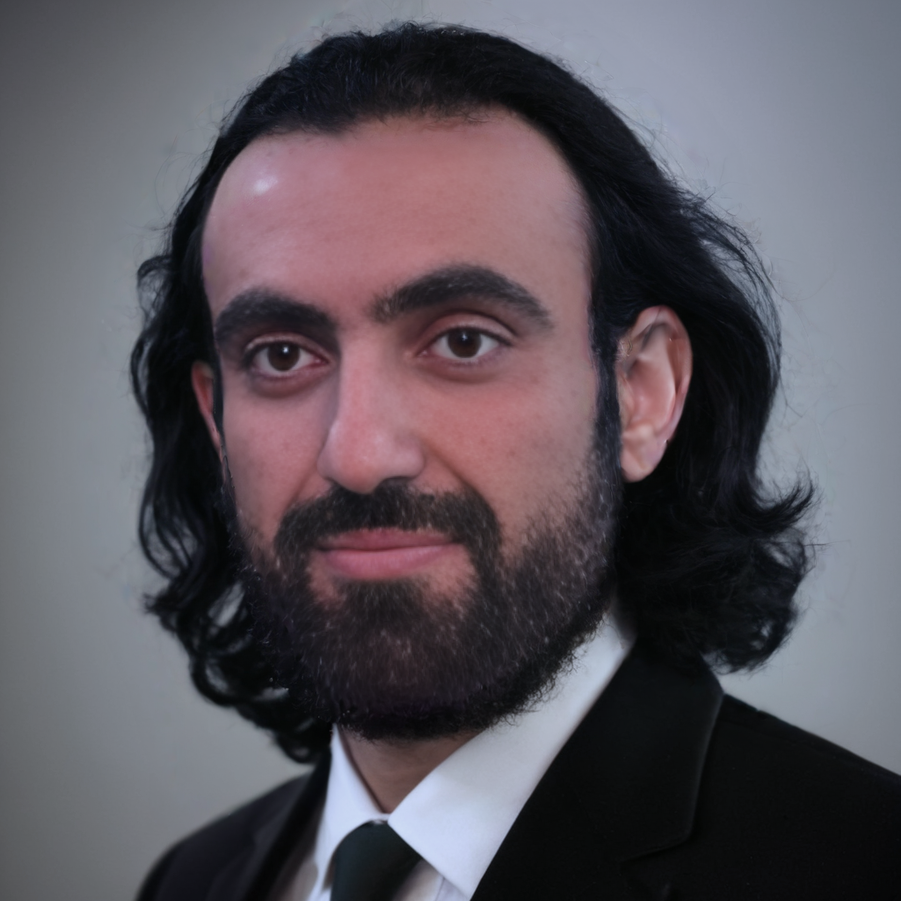
Amir Rouhollahi, Ph.D.
Postdoctoral Researcher
Dr. Amir Rouhollahi, a postdoctoral researcher at Brigham and Women’s Hospital, specializes in mathematical modeling, biomedical data analysis, medical image processing, and machine learning in biomedicine. His Ph.D. focused on optimizing freeze-casting tissue engineering scaffolds using these techniques. With strong computational skills and interdisciplinary collaboration experience, he formed a diverse research group spanning Mechanical Engineering, Material Science, and Computer Science. At Brigham’s Cardiac Surgery Division, he develops mathematical models and data-driven simulations for surgery planning. His recent work includes a deep learning platform for automatic patient-specific aortic reconstruction and computational modeling of valvular diseases.
Email: arouhollahi@bwh.harvard.edu
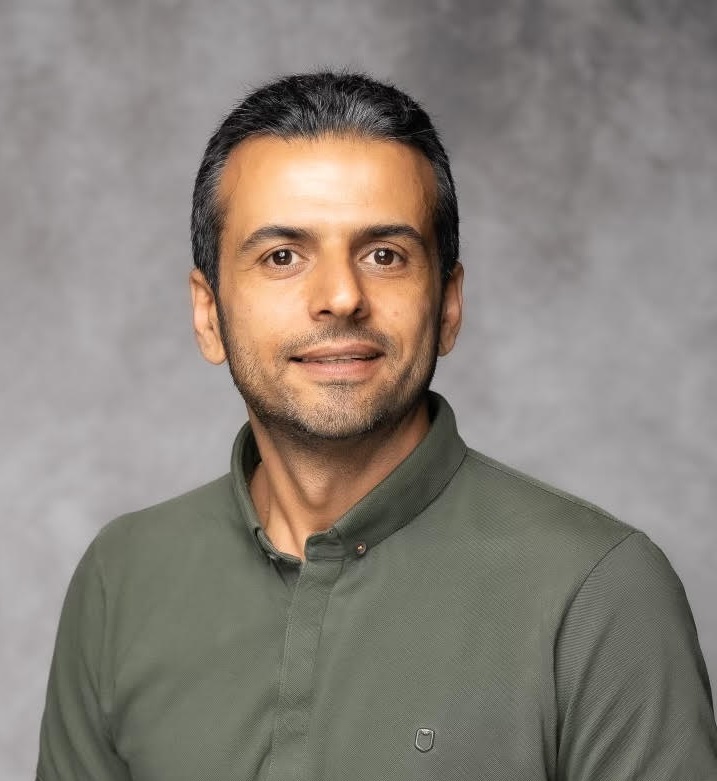
Amin Ramezani, Ph.D.
Postdoctoral Researcher
Dr. Amin Ramezani is a Postdoctoral Fellow at the Division of Cardiac Surgery, Brigham and Women’s Hospital, Harvard Medical School, with a PhD in Artificial Intelligent Systems and Control. His research focuses on intelligent monitoring and control systems for complex dynamical systems, integrating Generative AI and Large Language Models (LLMs) into big data analytics for advancing healthcare. He specializes in deep learning-based medical image processing for early diagnosis and treatment, as well as the design and optimization of medical devices. His work is dedicated to preventative medicine and the development of predictive and prognostic tools, leveraging AI, computational modeling, and machine learning algorithms to enhance patient outcomes.
Email: aramezani@bwh.harvard.edu

Sumit Kumar, Ph.D.
Postdoctoral Researcher
Dr. Sumit Kumar is a Postdoctoral Research Fellow in the Cardiac Surgery Department at Brigham and Women’s Hospital and Harvard Medical School. Previously, he was a Postdoctoral Scholar in the Artificial Heart and Computational Fluid Dynamics Lab at the Biomedical Engineering Department, Pennsylvania State University (2023–2024). He holds a Ph.D. in Computational Hemodynamics from the Indian Institute of Technology (BHU), Varanasi, where he investigated cardiovascular blood flow under normal and pathological conditions (aneurysms, stenosis) using patient-specific data. His academic foundation includes a bachelor’s and master’s in mechanical engineering. Dr. Kumar’s research focuses on developing advanced numerical methods for cardiovascular hemodynamics, medical device design (ECMO Catheter), and refining in-vitro experimental protocols (mock loop studies). His expertise spans stroke modeling, thrombosis dynamics, particle image velocimetry (PIV), and patient-specific treatment planning, integrating computational simulations with experimental validation. His current research focuses on Insilco and Invitro method development for surgical catheter of ECMO. He has published extensively in high-impact journals, presented at international conferences, and has been invited as a guest speaker. Following his Ph.D., he also served as a Project Scientist at the Gangwal School of Medical Sciences and Technology, IIT Kanpur. Also, he has extensive experience as a CEO of the healthcare startup Acupace Technologies Pvt Ltd while doing Ph.D. at IIT(BHU), Varanasi.
Email: skumar67@bwh.harvard.edu

Ali Homaei MD, MBA
Postdoctoral Researcher
Dr. Ali Homaei, MD, MBA, is a postdoctoral research fellow and accomplished medical researcher who graduated from Shahid Beheshti Medical University. Over the past seven years, he has published 17 papers, focusing on general and cardiothoracic surgery as well as the integration of machine learning models into medical outcome research. His work represents the cutting edge of combining clinical practice with innovative technological advancements to drive evidence-based improvements in healthcare.
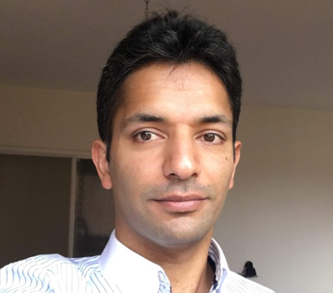
Muhammad Jamil, Ph.D
Postdoctoral Researcher
Jamil brings over a decade of experience in advanced computational modeling, medical device innovation, and interdisciplinary research. Before joining Nezamani Lab, he was working as a Senior R&D Engineer in Starfish Medical Inc. -The biggest medical device consulting company of Canada where he headed the Analysis Group. He completed his graduate studies from NTU and brings in extensive experience in research and product development working in Singapore, Turkey, and Canada. His research interests include cardiovascular biomechanics, ECMO catheter design, V&V of medical device design and de-risking in medical device development.
Email: mjamil@bwh.harvard.edu
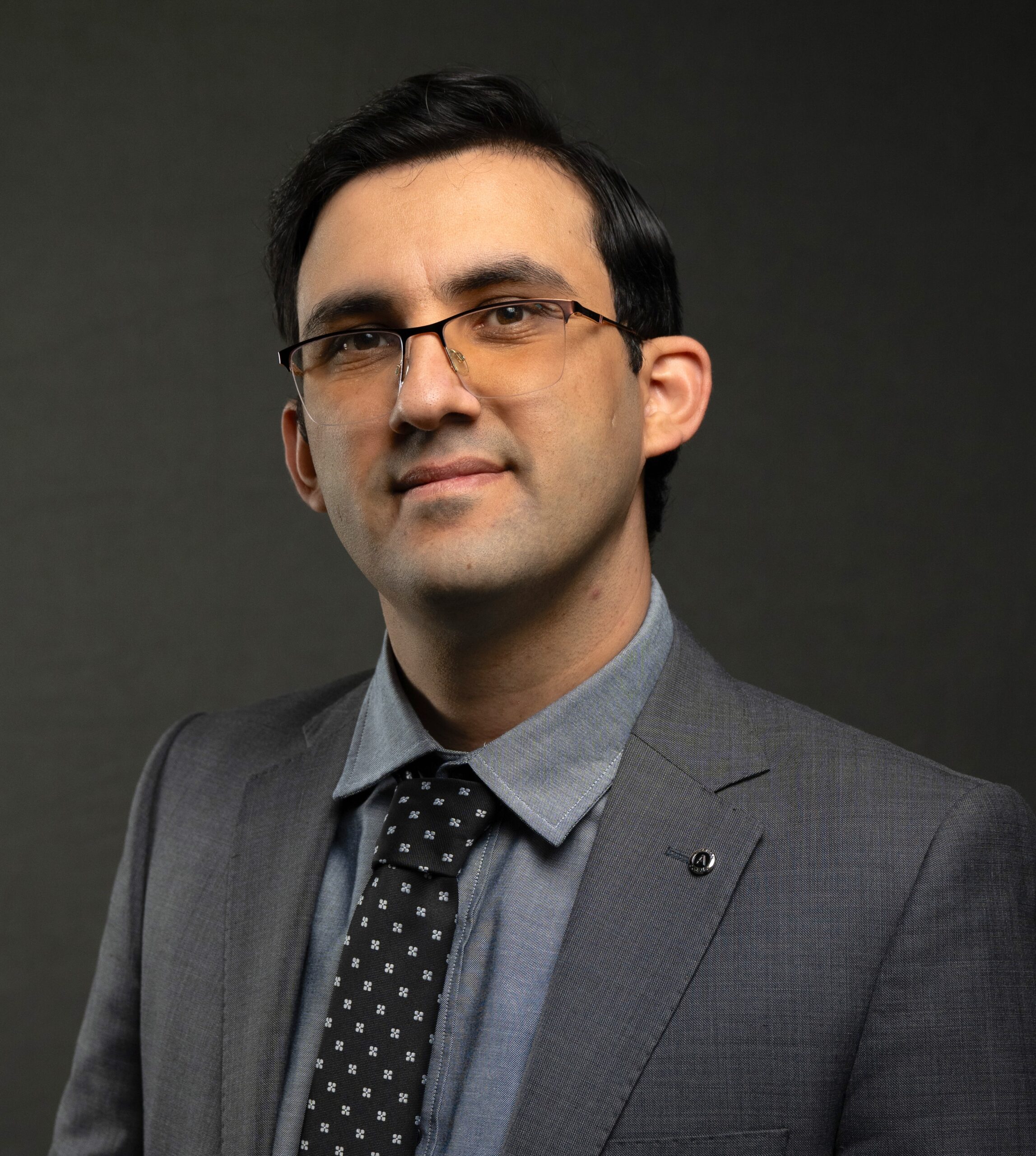
Mostafa Rezaeitaleshmahalleh, Ph.D.
Postdoctoral Researcher
Dr. Mostafa Rezaeitaleshmahalleh is a Postdoctoral Research Fellow at Harvard Medical School’s Brigham and Women’s Hospital. Holding a PhD in Biomedical Engineering, he bridges engineering and medicine to drive advancements in cardiovascular care. His research employs patient-specific CFD, AI-driven image processing, and bioinformatics to enhance vascular aneurysm management. He has published in various journals spanning both clinical and biomedical engineering fields and has presented his work at various conferences. Specializing in CFD simulation, deep learning-based image processing, and bioinformatics, he is dedicated to developing predictive models that improve patient outcomes. Currently, he is developing an automated pipeline that simulates surgical procedures using life expectancy and risk assessments to personalize the management of intracranial aneurysms.
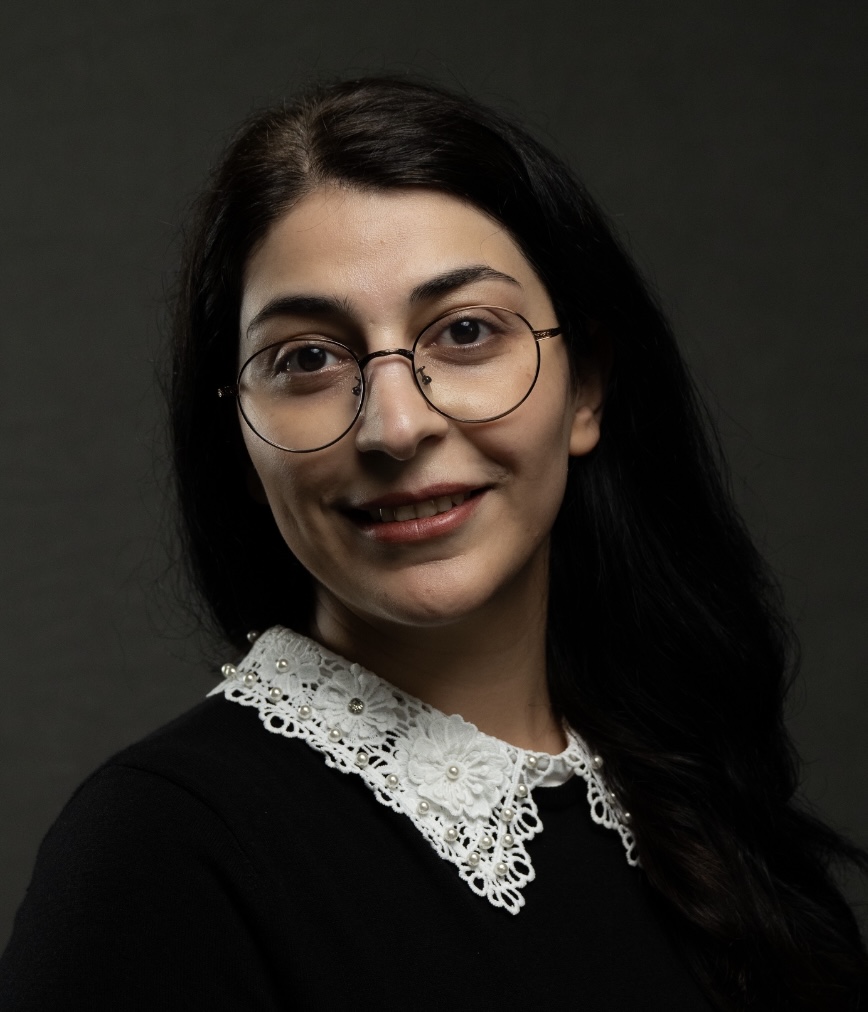
Fatemeh Razaviamri, Ph.D.
Postdoctoral Researcher
Dr. Fatemeh Razaviamri is a Postdoctoral Research Fellow in the Department of Surgery at Brigham and Women’s Hospital, Harvard Medical School. She holds a PhD in Biomedical Engineering and specializes in designing and optimizing biomaterials for wound healing, hemostasis, drug delivery, and infection prevention, complemented by expertise in optics. She has extensive experience in in vitro and in vivo experimental methods, developing testing setups, and optimizing medical devices. Her current research focuses on developing a novel medical imaging device to improve intraoperative visualization in cardiovascular interventions, enabling more precise diagnoses and better surgical outcomes.
Email: srazaviamri@bwh.harvard.edu
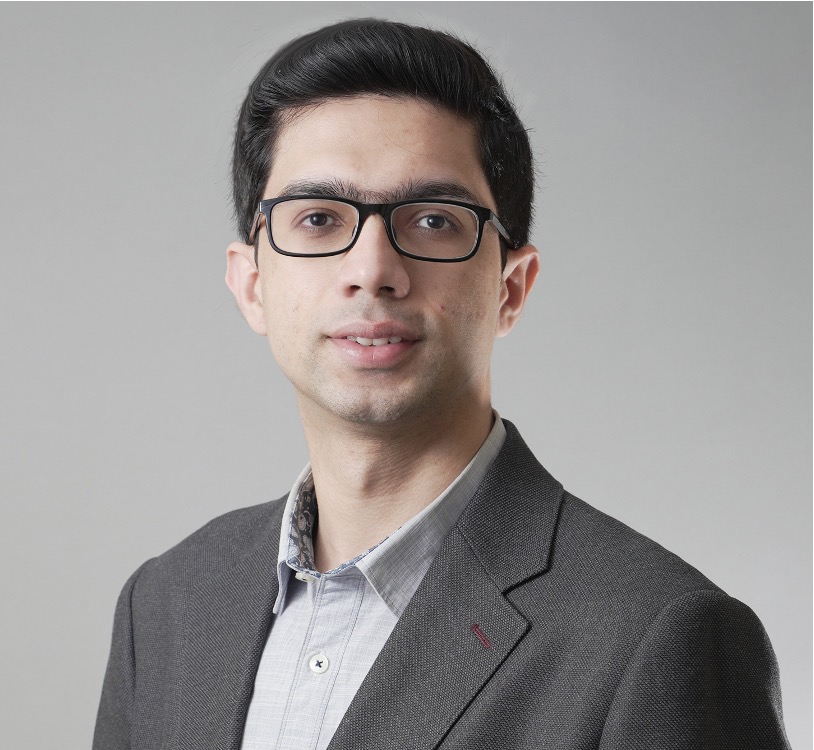
Shoaib Ahmad Goraya, Ph.D.
Postdoctoral Researcher
Shoaib Ahmad Goraya research is focused on developing computational methods for coupled nonlinear partial differential equations. These methods are used to simulate physical and biological processes that span a spectrum of spatiotemporal scales, requiring simulation tools that are mathematically rigorous and computationally robust.
The highly interdisciplinary application of these methods has given Shoaib the opportunity to lead research projects that cut across departmental boundaries. During his doctoral work, Shoaib has developed numerical methods for targeted drug delivery in vasculature, discrepancy modeling in surrogate models, turbulent and multiphase flows, and physics-informed machine learning of thermofluids. This work has provided him with extensive experience in research software development and high performance computing.
Shoaib is also a recipient of several prestigious awards and fellowships, including the Fulbright scholarship. His research works have consistently been published in high-impact journals such as PNAS and CMAME.
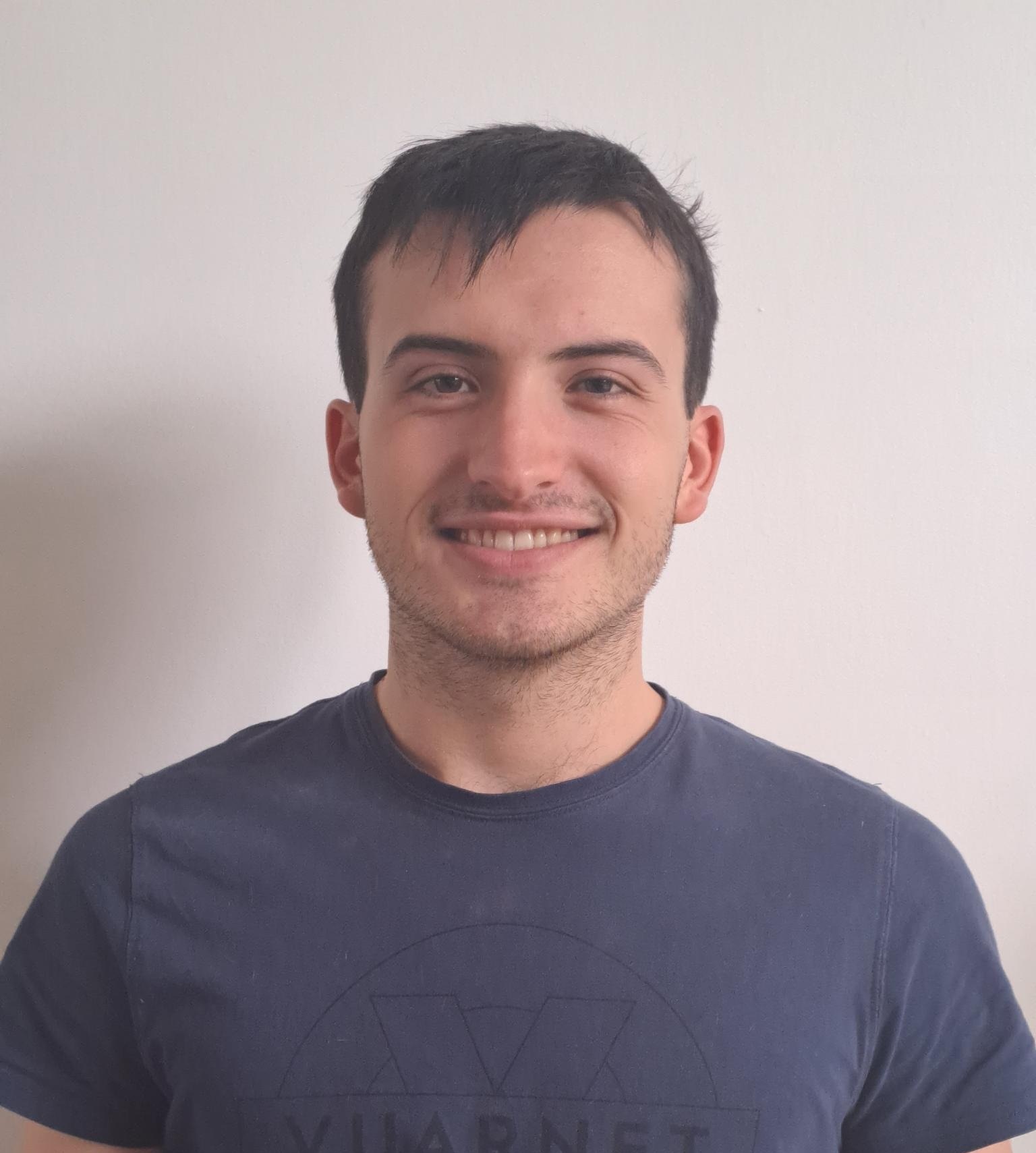
Laurent Pierre Brock B.Sc.
Master’s student with an interest in algorithms, data science and imaging data. He is Currently working on echography data extraction to coregister with CT acquisitions.
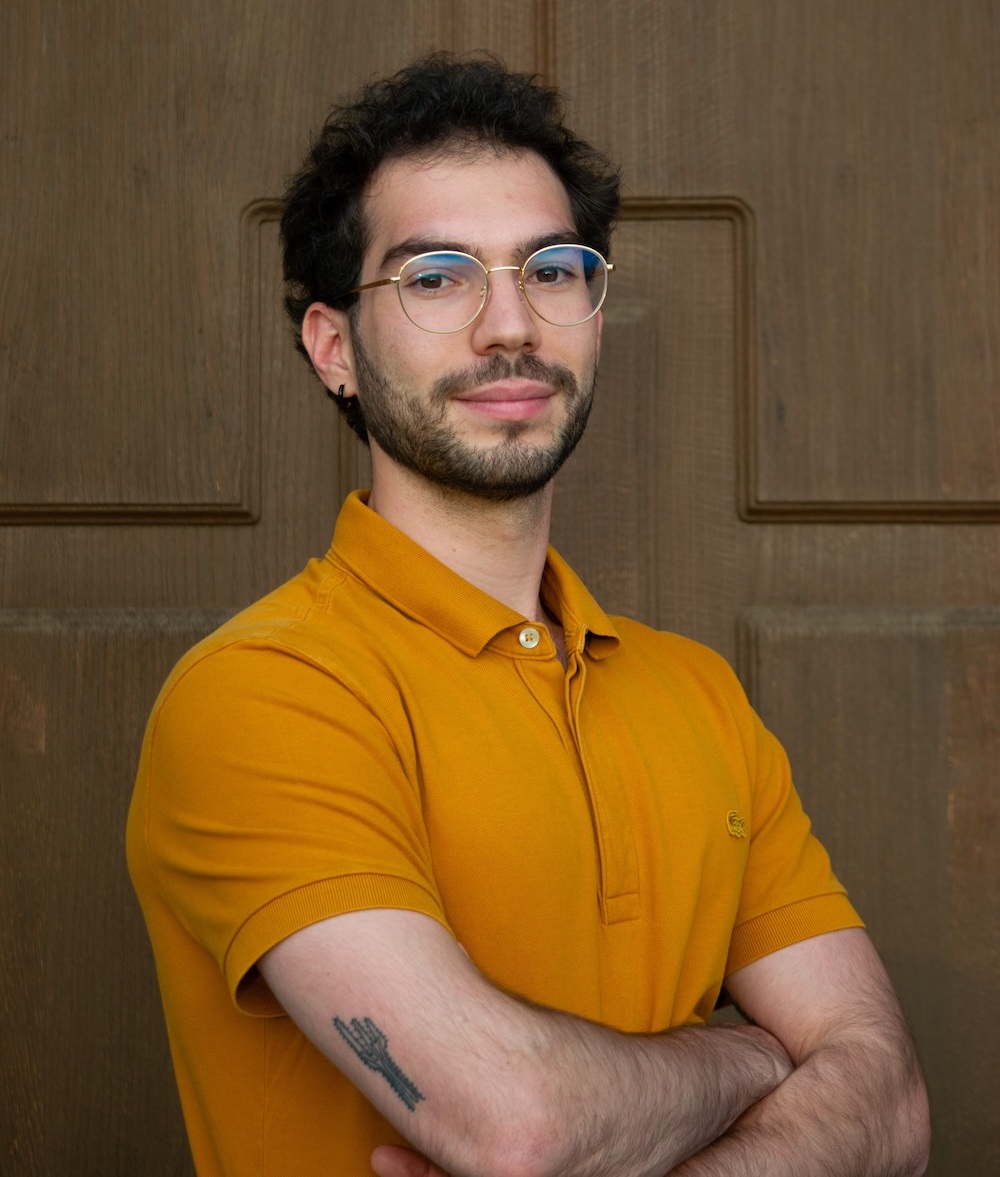
Andrea Santoro B.Sc.
Andrea is a biomechanics researcher focused on integrating hemodynamic and aneurysms’ morphological data into machine learning models to assess patient risks for thrombotic events and aneurysm rupture.
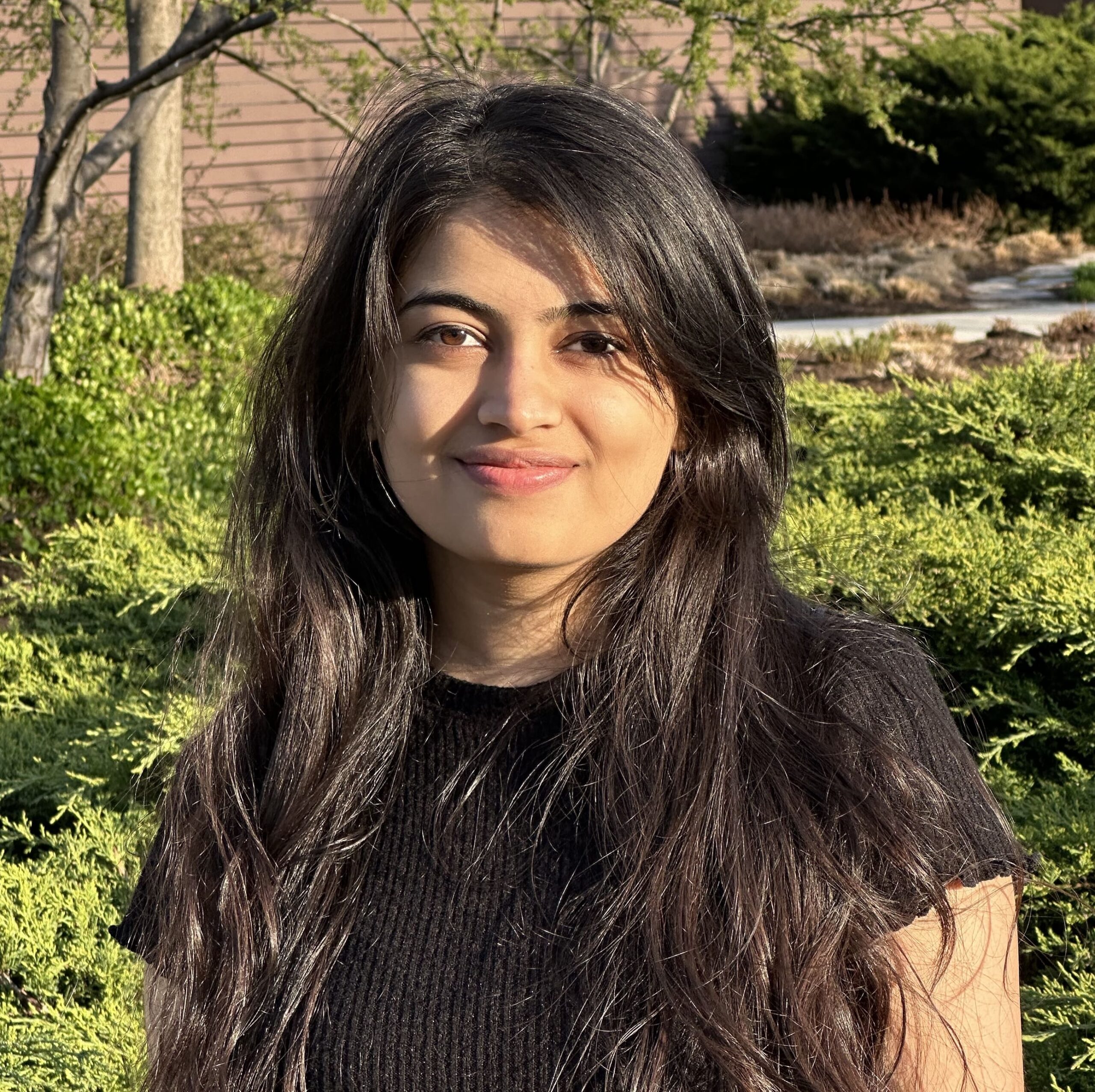
Aanchal Sahu M.Sc.
Aanchal holds a Master’s in Artificial Intelligence from Northwestern University and a BTech from Kalinga Institute of Industrial Technology. Her research focuses on applying AI in healthcare, particularly in medical imaging, computer vision, and clinical decision support. She has authored six international research publications, including studies on invasive ductal carcinoma diagnosis and cardiovascular risk prediction. Her work spans brain tumor segmentation, psychosis detection in adolescents using video-based analysis, and assistive robotics for spinal cord injury rehabilitation. With expertise in machine learning, computer vision, and natural language processing, she aims to develop AI-driven solutions that enhance medical diagnostics and patient care.
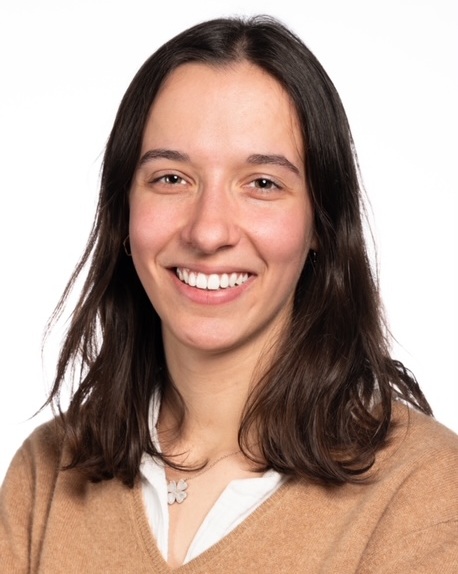
Clémence Jégard B.Sc.
She was born and raised in Paris, France, and pursued a Bachelor’s in Life Sciences Engineering at EPFL in Lausanne, including a one-year Erasmus exchange at Politecnico di Milano in Italy. Currently, she is completing her Master’s in Life Sciences Engineering at EPFL with a specialization in Biological Data Science. Through several computational projects in research labs and an internship in industry operations, she have developed a strong interest in applying computational modeling to tackle biomedical challenges.
Email: clemence.jegard@gmail.com
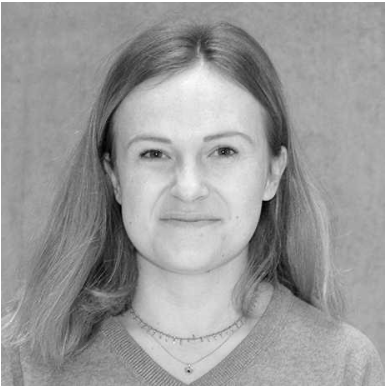
Pauline Lauwers B.Sc.
Pauline completed her bachelor’s degree in Life Sciences Engineering at EPFL in Lausanne (Switzerland). She is now enrolled at ETH Zürich do her master’s degree in biomedical engineering. Next to her studies, she also holds a part-time position at the University Hospital of Lausanne (CHUV), where she is involved in data management and statistical analysis. She is very interested in clinical research from a medical and engineering perspective. Apart from her academic pursuits, Pauline is passionate about horse showjumping. In our lab, Pauline will complete her master thesis.
Email: plauwers@student.ethz.ch